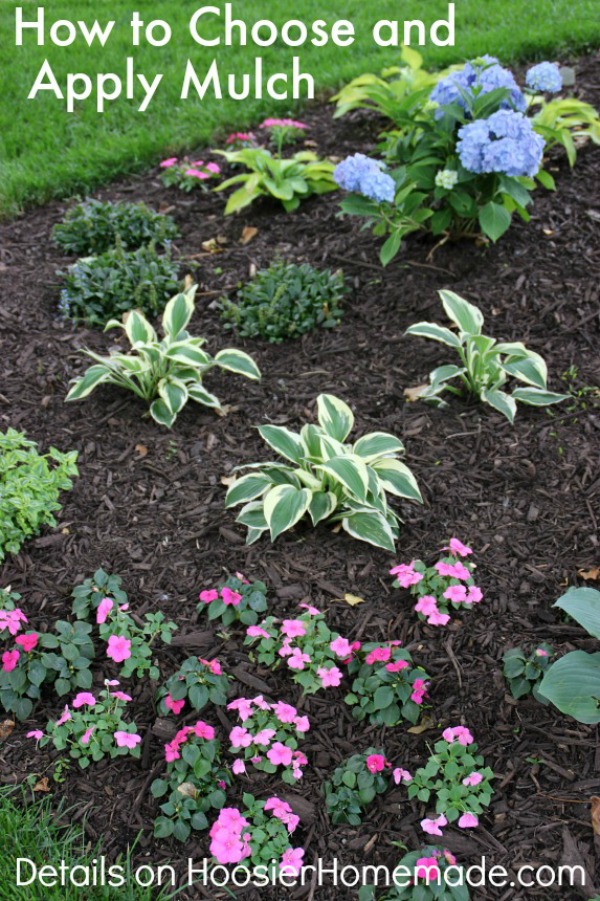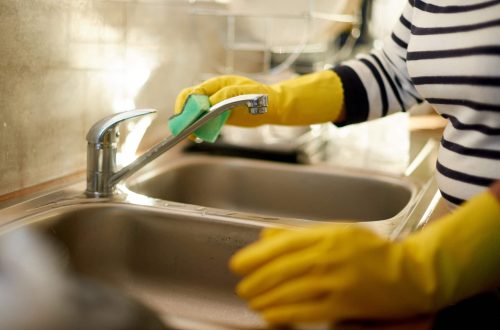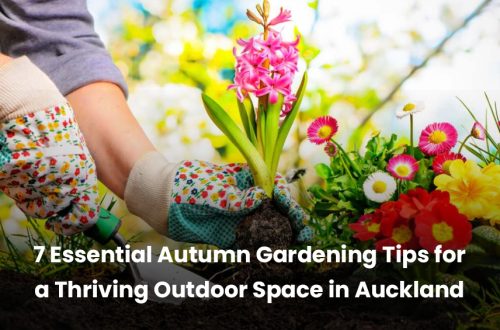Imagine your flower garden bursting with vibrant colors‚ healthy blooms‚ and thriving plants. Sounds idyllic‚ right? But achieving that picture-perfect scene often requires more than just sunshine and water. One crucial element that many gardeners swear by is mulch. But should you mulch your flower garden? Let’s dig in and explore the benefits‚ drawbacks‚ and best practices to help you decide if mulching is the right choice for your precious petals.
The Benefits of Mulching Your Flower Garden
Mulching your flower garden offers a plethora of advantages‚ making it a worthwhile practice for most gardeners. It’s like giving your flowers a cozy blanket and a personal assistant all rolled into one! Let’s explore some of the key benefits:
- Weed Suppression: Mulch acts as a barrier‚ preventing sunlight from reaching weed seeds and inhibiting their germination. Less weeding means more time to enjoy your beautiful blooms!
- Moisture Retention: Mulch helps retain moisture in the soil‚ reducing the need for frequent watering‚ especially during hot summer months.
- Temperature Regulation: Mulch insulates the soil‚ keeping it cooler in the summer and warmer in the winter‚ protecting plant roots from extreme temperature fluctuations.
- Soil Improvement: Organic mulches decompose over time‚ enriching the soil with valuable nutrients and improving its structure.
- Erosion Control: Mulch helps prevent soil erosion‚ especially on slopes or in areas with heavy rainfall.
Choosing the Right Mulch for Your Flower Garden
Not all mulches are created equal! Selecting the right type of mulch is crucial for maximizing its benefits and avoiding potential problems. Think of it like choosing the right outfit for a special occasion – it needs to be appropriate and functional.
Organic Mulch Options for Flower Gardens
- Shredded Bark: A popular choice‚ readily available and relatively inexpensive. It decomposes slowly and provides good weed suppression.
- Compost: Excellent for enriching the soil with nutrients. Use well-composted material to avoid burning plants.
- Straw: A good option for vegetable gardens and some flower beds. Make sure it’s straw‚ not hay‚ to avoid introducing weed seeds.
- Pine Needles: Ideal for acid-loving plants like azaleas and rhododendrons. They decompose slowly and create a natural look.
Inorganic Mulch Options for Flower Gardens
- Gravel: Provides excellent drainage and is suitable for rock gardens or plants that prefer dry conditions.
- Landscape Fabric: Can be used under other mulches to provide an extra layer of weed control.
- Rubber Mulch: Made from recycled tires‚ it lasts a long time but doesn’t provide any nutritional benefits to the soil.
How to Properly Mulch Your Flower Garden
Applying mulch correctly is just as important as choosing the right type. You wouldn’t just throw a blanket on the floor and expect it to keep you warm‚ would you? Here’s a step-by-step guide to proper mulching:
Preparing Your Flower Garden for Mulch
- Weed thoroughly: Remove all existing weeds before applying mulch.
- Water deeply: Ensure the soil is moist before mulching.
- Fertilize if needed: Apply fertilizer before mulching to provide plants with a boost of nutrients.
Applying the Mulch
- Spread the mulch evenly: Aim for a layer of 2-4 inches‚ depending on the type of mulch.
- Keep mulch away from plant stems: Leave a few inches of space around the base of each plant to prevent rot.
- Water after mulching: This helps settle the mulch and retain moisture.
Potential Drawbacks of Mulching a Flower Garden
While mulching offers numerous benefits‚ it’s essential to be aware of potential drawbacks. Like any gardening practice‚ it’s not without its potential pitfalls. Let’s consider a few:
Pest Problems and Mulch
Some mulches can attract pests like slugs‚ snails‚ and rodents. Monitor your garden regularly and take appropriate measures if you notice any infestations.
Disease Issues and Mulch
Overly thick layers of mulch can trap moisture and create conditions favorable for fungal diseases. Ensure proper air circulation and avoid piling mulch against plant stems.
Cost Considerations for Mulch
Mulch can be an added expense‚ especially if you have a large garden. Consider the cost of different types of mulch and choose one that fits your budget.
Frequently Asked Questions About Mulching Flower Gardens
So‚ should you mulch your flower garden? The answer is generally yes! The benefits of weed suppression‚ moisture retention‚ and soil improvement far outweigh the potential drawbacks‚ especially when you choose the right mulch and apply it correctly. By following these tips‚ you can create a thriving and beautiful flower garden that you’ll enjoy for years to come. Happy gardening!






